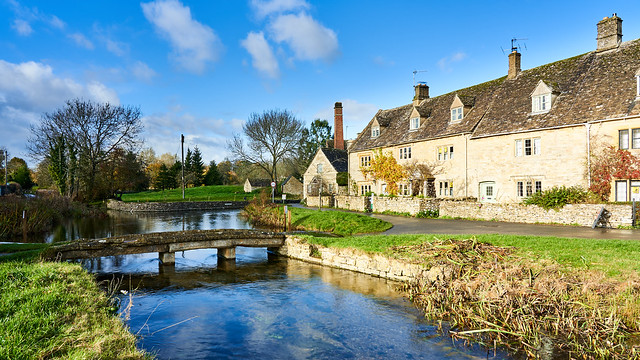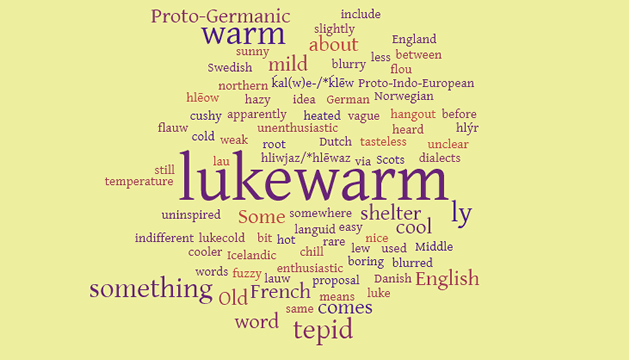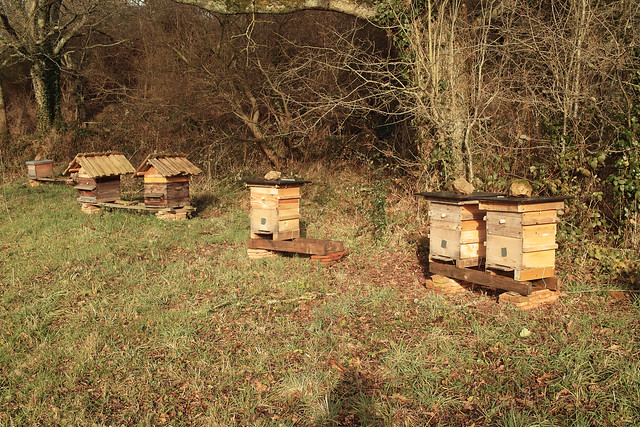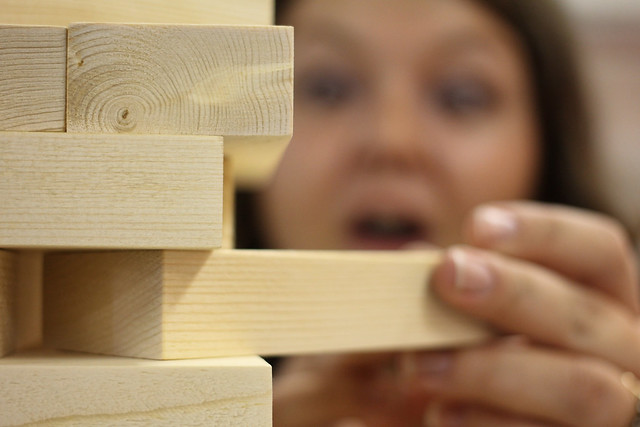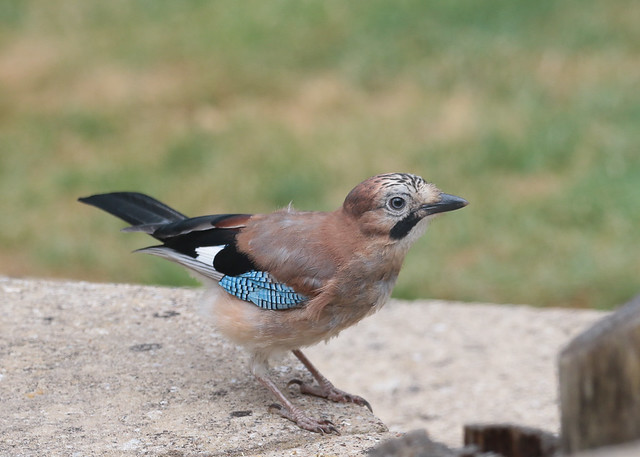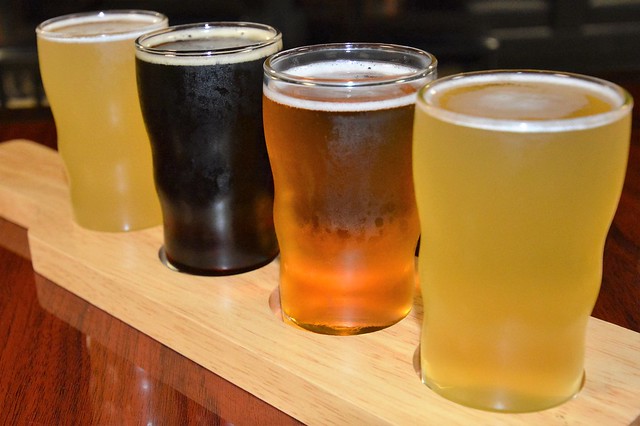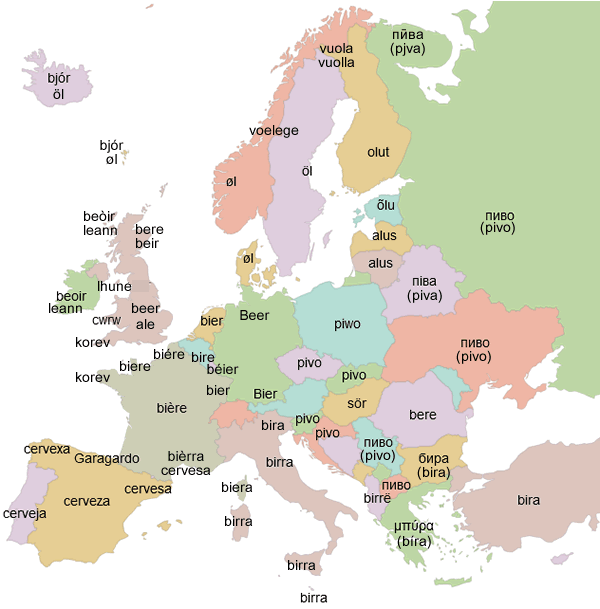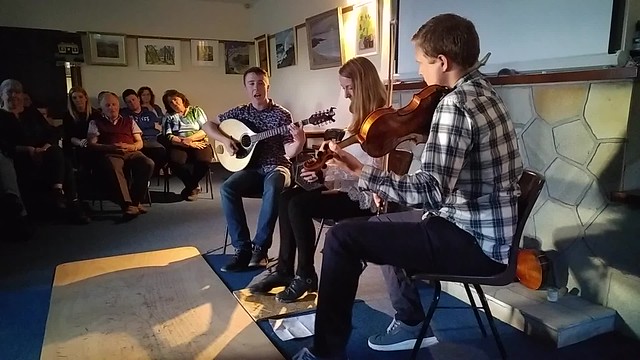One of the things that really interests me is finding connections between languages. This is one reason why I enjoy working on Omniglot, and writing and talking about words and etymologies.
Recently I’ve been concentrating on Mayan languages, as you may have noticed. There are now details of all the Mayan languages currently in use on Omniglot, apart from Cauque Mayan, or Kaqchikel-K’iche’ Mixed Language, which is spoken in Santa María Cauqué in the Department of Sacatepéquez in southern Guatemala. If any of you know more about this language, do let me know.
There are also numbers pages, phrases pages, and versions of Tower of Babel story in various Mayan languages. I’ll be adding more numbers pages soon.
When putting together these pages, particularly the numbers and phrases ones, I notice the similarities and differences between them, and I find patterns and connections, which is endlessly facsinating to me.
In a Celtiadur post I wrote yesterday, I discovered connections between words for thunder, tornado and Thursday in Celtic and other European languages.
When learning languages that are related to each other, such as Danish and Swedish, and/or related to languages I already know, I also find connections. Sometimes I have to dig deep into the origins of words to find those links, and this helps me remember them.
Are you learning, or have you learnt, several similar languages at the same time? Do you get them muddled at all? If not, how do you avoid confusion?

